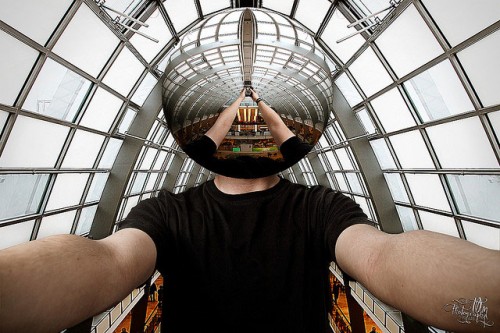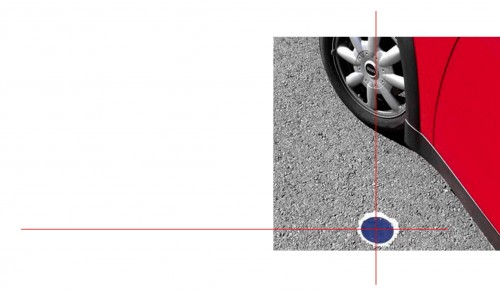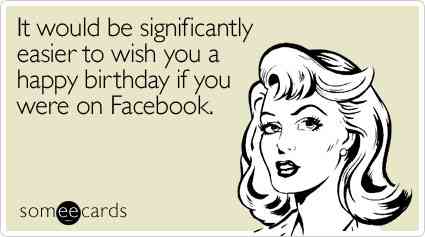There’s a song on the 1997 Chemical Brothers album Dig Your Own Hole that reminds one of your authors of driving far too fast with a too-close friend through a flat summer nowhere on a teenage afternoon (windows down, volume up). It’s called “Where Do I Begin,” and the lyric that fades out repeating as digital sounds swell asks: Where do I start? Where do I begin?*
Where do we start, or begin–and also, where do we stop? What and where is the dividing line between “you” and “not you,” and how can you tell? This is the first of a series of posts in which we will try to answer these sorts of questions by developing a theory of subjectivity specific to life within augmented reality.
As a thought experiment, consider the following: Your hand is a part of “you,” but what if you had a prosthetic hand? Are your tattoos, piercings, braces, implants, or other modifications part of “you”? What about your Twitter feed, or your Facebook profile? If the words that come from your mouth in face-to-face conversation (or from your hands, if you sign) are “yours,” are the words you put on your Facebook profile equally yours? Does holding a smartphone in your hand change the nature of what you understand to be possible, or the nature of “you” yourself? Theorists such as Donna Haraway, N. Katherine Hayles, Bruno Latour, and others have asked similar questions with regard to a range of different technologies. Here, however, we want to think specifically about what it means to be a subject in an age of mobile computing and increasingly ubiquitous access to digital information. more...








